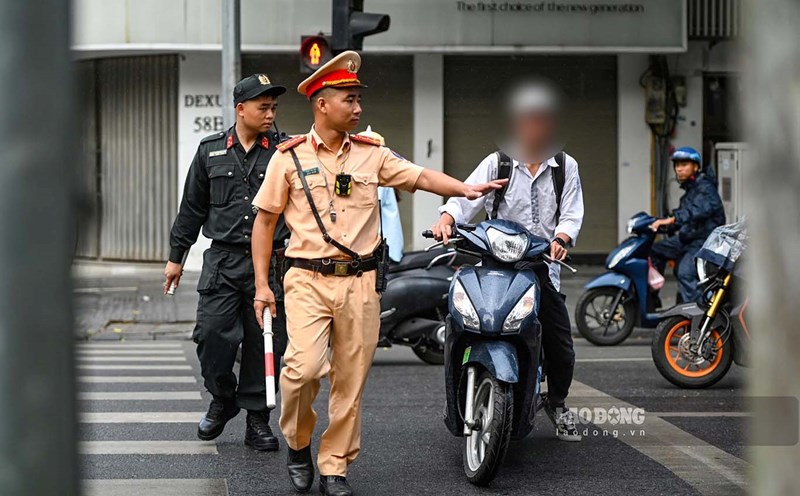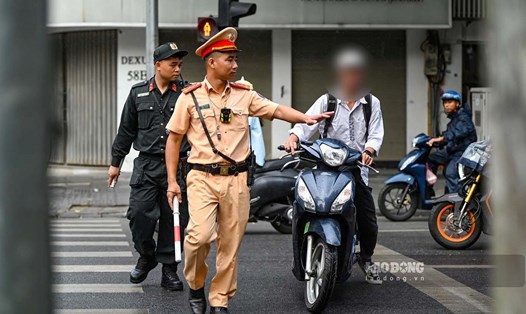Circular 22/2019/TT-BGDDT stipulates that the content of the excellent teacher competition includes: Practicing teaching a lesson according to the teaching plan at the time of the competition (drawing lots); Presenting a measure to contribute to improving the quality of teaching work of an individual at the educational institution where the teacher is working, the time to present the measure does not exceed 30 minutes.
In the guidance documents of the Ministry of Education and Training, the message is given that "participation in competitions for excellent teachers at all levels is voluntary, teachers must not be forced to participate and must not be pressured to gain achievements for the school in any form".
However, from the teachers' side, many opinions argue that the excellent teacher contest is being organized in a non-substantive manner, causing pressure and trouble for teachers and students.
Mr. Nguyen Van Luc, former teacher at Trinh Phong Secondary School, Khanh Hoa, said that in reality, the exam still has many shortcomings, especially in grading.
"Speaking of the judges, the "judges", there are judges who are truly capable of judging excellent teachers at all levels and many with average abilities. There are teachers who failed the provincial excellent teacher exam twice but were put in the position of judging the district excellent teacher exam, or there are people who were not recognized as good teachers at the provincial level but went to judge the provincial excellent teacher exam" - Mr. Luc said and thought that if the purpose of the excellent teacher exam is just to study and exchange experiences, then the Ministry of Education and Training and the Department of Education and Training should build online model lessons or connect teachers nationwide to exchange, which is best.
"If we want to evaluate teachers, we should evaluate teaching effectiveness. At the end of the year, leaders should conduct a survey on students' abilities and satisfaction," Mr. Luc suggested.
Ms. Ngoc Mai, a high school teacher in Hanoi, said that, objectively, the excellent teacher contest has many positive aspects if it is organized appropriately and evaluates teachers' abilities correctly. For example, through arranging a lesson, teachers can be creative in applying new teaching methods and know which methods are effective.
Taking part in competitions and being recognized is also a motivation for teachers to try to improve the quality of their lessons and teaching ability.
However, according to Ms. Mai, the practical application of the excellent teacher contest is not high. The lessons are only for one competition and cannot be organized to teach students continuously. The evaluation of who is an excellent teacher is not really objective, there is little consistency but depends a lot on the feelings of a few judges.
In addition, the current competition is also largely achievement-based, designated and assigned by the school.
"Many teachers have to take part of the responsibility when other teachers take the exam because of the school's achievements. Some teachers will happily support, but others feel that such assignment is unreasonable. And not only is it teaching for others, often teachers in the group will have to attend the exam teacher's class to evaluate and give feedback. Because of this, one teacher taking the exam affects the class of many other classes," said Ms. Ngoc Mai.
Proposing solutions to make the excellent teacher contest more practical, Ms. Mai said that, first of all, the contest should come from a voluntary spirit, with the desire to promote the abilities of teachers. Avoid the situation where schools put the burden of achievement on teachers' shoulders.
The process of evaluating who is a good teacher also needs to be based on many factors instead of through a single teaching demonstration.
"You should rely on the comments of parents, students, and other teachers in the school to know if that person is really worthy," Ms. Ngoc Mai shared.








